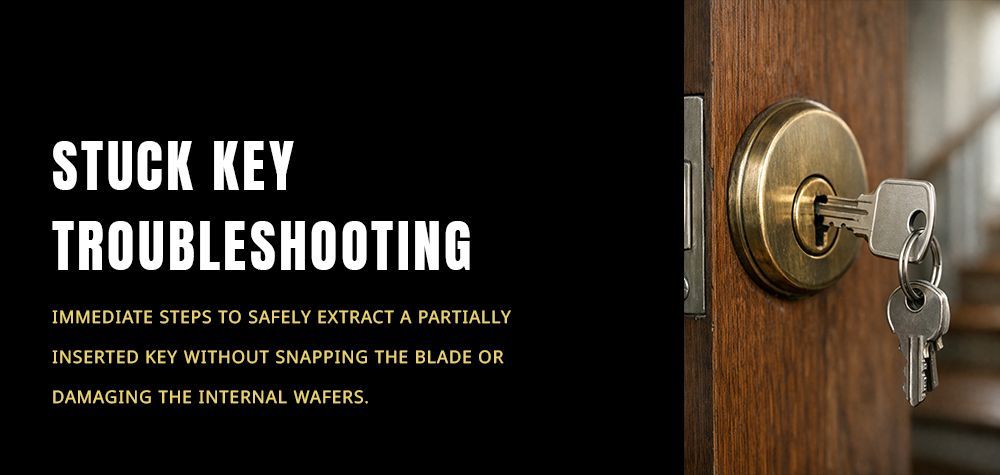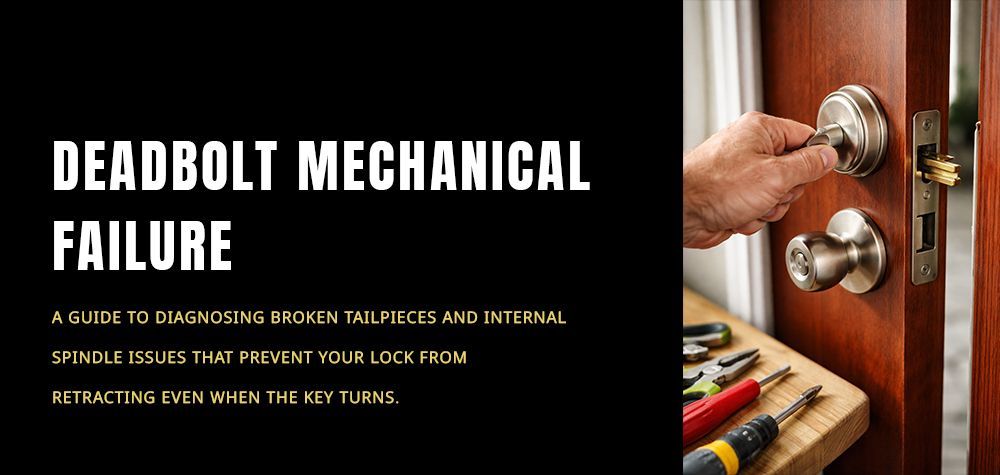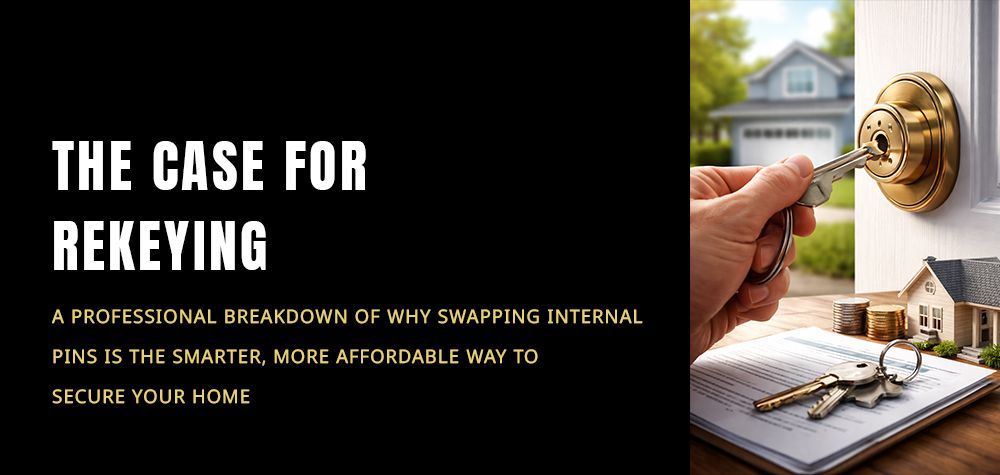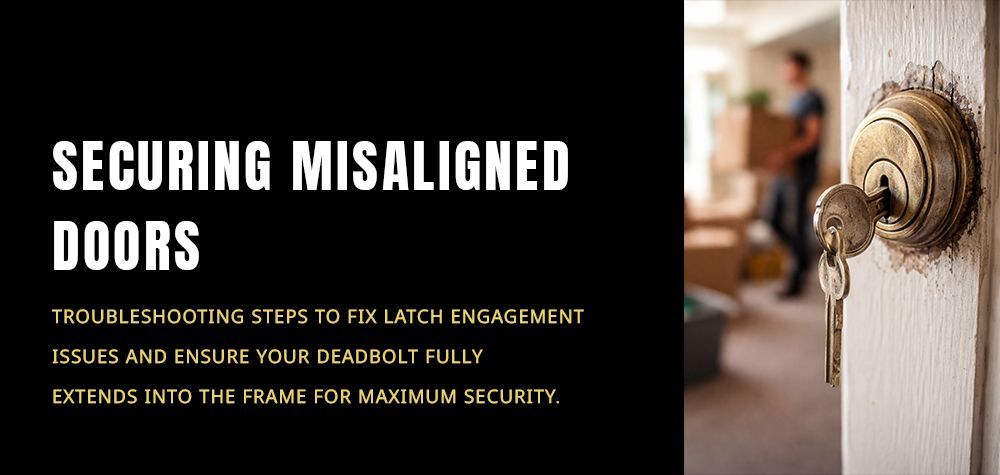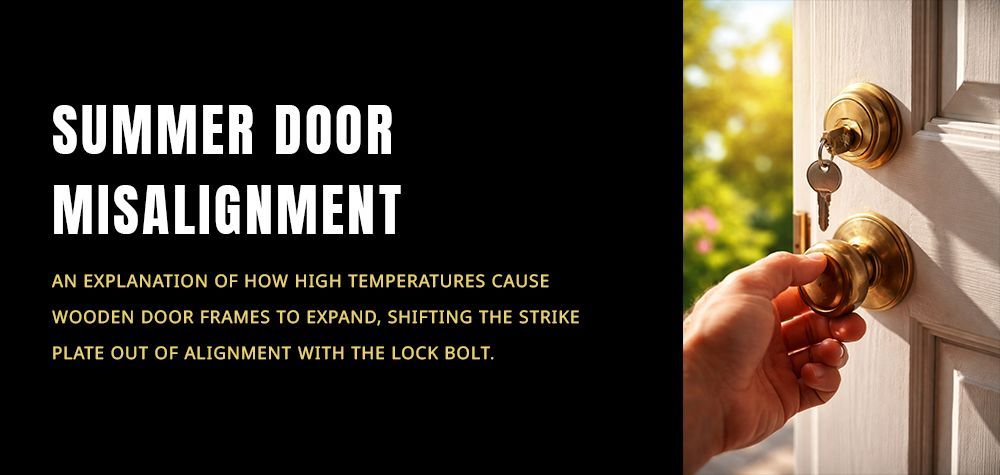Are Electronic Locks Safe from Hackers?
Electronic locks are becoming increasingly popular for both residential and commercial properties, offering convenience and advanced security features that traditional locks can’t match. But as with any technology, they come with concerns—most notably, the risk of being hacked. Are these high-tech locks truly safe from hackers? And how can you protect yourself if you choose to install one?
In this guide, we’ll explore the pros and cons of electronic locks, the risks of hacking, practical safety measures, and why consulting a professional locksmith is essential when making your decision.
How Does a Biometric Lock Work and Is It Secure?
Why Are Electronic Locks Important?
Electronic locks provide more than just security—they offer convenience and flexibility that traditional locks simply can't match. Here’s why they’re becoming a preferred choice:
- Keyless Entry: Say goodbye to fumbling for keys. Electronic locks can be operated using codes, keycards, smartphones, or biometric data.
- Custom Access: You can easily create and revoke access for different individuals, perfect for Airbnb hosts, offices, or shared homes.
- Remote Monitoring: Many smart locks allow you to monitor lock activity via apps, giving you peace of mind even when you're not at home.
- Enhanced Security Features: With built-in alarms and auto-lock capabilities, electronic locks provide an additional layer of protection.
However, their reliance on technology means they are not immune to vulnerabilities.
Are Electronic Locks at Risk of Being Hacked?
Yes, electronic locks can be hacked, but the risk depends on the type of lock, its quality, and the measures in place to prevent unauthorized access. Let’s explore the main risks:
1. Brute Force Attacks
Hackers may use programs to guess passcodes or encryption keys repeatedly until they gain access.
2. Signal Interception
Smart locks that use wireless communication, like Wi-Fi or Bluetooth, can be vulnerable to signal interception, allowing hackers to copy and replicate your access credentials.
3. Software Vulnerabilities
Outdated firmware or poor programming can leave electronic locks exposed to malware or other exploits.
4. Physical Tampering
While electronic locks are generally more secure against physical attacks, poor installation or cheap materials can make them susceptible to break-ins.
Pros of Electronic Locks
Despite the risks, electronic locks offer significant advantages:
- Convenience: No need to carry physical keys or worry about losing them.
- Customizable Access: Change passcodes or access permissions instantly without replacing the lock.
- Audit Trails: Many electronic locks log entries and exits, making it easier to monitor activity.
- Integration with Smart Home Systems: They can work seamlessly with other smart devices like cameras, alarms, and lighting.
- Higher Deterrence: The advanced look and features of electronic locks often discourage potential intruders.
How to Protect Electronic Locks from Hackers
1. Choose High-Quality Locks
Not all electronic locks are created equal. Invest in a reputable brand with advanced encryption and strong security protocols. Avoid cheaper options that might cut corners on safety features.
2. Update Firmware Regularly
Manufacturers often release updates to patch vulnerabilities. Keep your lock’s software up to date to ensure you’re protected from known threats.
3. Use Strong Passcodes
Avoid simple or predictable passcodes. Use complex combinations and change them periodically.
4. Secure Your Wi-Fi Network
If your lock relies on Wi-Fi, make sure your network is secure with a strong password and updated encryption.
5. Limit Access
Grant access only to trusted individuals. Revoke access codes promptly if you suspect misuse.
6. Enable Two-Factor Authentication
If your lock’s app offers two-factor authentication, enable it for an added layer of security.
7. Consult a Locksmith
A professional locksmith can guide you in choosing and installing a lock that balances convenience with security. They can also assess and mitigate vulnerabilities during installation.
What Role Do Locksmiths Play in Electronic Lock Security?
Locksmiths are crucial in ensuring that electronic locks are installed and maintained correctly. Here’s how they can help:
- Expert Installation: Proper installation minimizes vulnerabilities like loose fittings or misalignments.
- Custom Solutions: Locksmiths can recommend locks tailored to your specific needs, whether for a home or business.
- Emergency Assistance: If your electronic lock malfunctions or you suspect hacking, a locksmith can resolve the issue quickly.
- Regular Maintenance: Periodic checks and updates ensure your lock remains secure over time.
When to Consider Installing Electronic Locks
- Frequent Key Misplacement: If you or your family often lose keys, electronic locks eliminate that hassle.
- High Turnover Properties: For rental properties or offices, electronic locks simplify access control.
- Desire for Smart Home Integration: If you’re building a smart home, electronic locks are a natural addition.
- Enhanced Monitoring Needs: If you want real-time access logs, electronic locks offer the transparency you need.
FAQs About Electronic Locks
1. Are electronic locks safer than traditional locks?
Electronic locks provide better access control and additional features like auto-locking and alarm integration, but they require proper setup and maintenance to ensure security.
2. Can electronic locks be hacked?
Yes, but the risk can be minimized with strong encryption, firmware updates, and robust installation.
3. What happens if the lock’s battery dies?
Most electronic locks have backup power options, such as a physical key slot or a 9V battery connection.
4. Are electronic locks expensive?
While they cost more upfront than traditional locks, the added convenience and security make them a worthwhile investment.
5. Can I install an electronic lock myself?
While some locks are DIY-friendly, professional installation ensures optimal security and functionality.
Conclusion
Electronic locks offer a blend of convenience and advanced security features, making them a valuable addition to modern homes and businesses. However, like any technology, they come with risks, including potential hacking vulnerabilities. By investing in high-quality locks, maintaining software updates, and consulting with professional locksmiths, you can enjoy the benefits of electronic locks while minimizing risks.
For expert advice and installation services, trust Brothers Locksmith to help you secure your property with confidence.
Call Us Any Time!


